Learning disabilities
When children struggle in school despite trying hard, a learning disability may be the cause. Learn how to recognize the signs and where to find support.


Learning disabilities are neurological differences that affect how a child understands, processes, or communicates information. These challenges can impact reading, writing, math, memory, and focus. Conditions like dyslexia and dyscalculia fall under this umbrella, but many children experience broader difficulties that are often misunderstood. With the right support, they can succeed both in and out of school.

You might notice your child avoids schoolwork, struggles to follow instructions, forgets what they’ve learned, or reads or writes slowly. They may become frustrated, say they "hate school," or fall behind despite putting in effort. These signs can point to a learning disability—and early evaluation by a specialist helps you take the next step with clarity and compassion.
Specialists in learning and development— like special educators or educational psychologists—can assess your child’s needs and suggest individualized strategies. Whether through classroom accommodations, skill-building sessions, or emotional support, the goal is to reduce frustration and help your child feel capable and supported in their learning journey.
Recommended experts
Playful developmental games that help kids grow with confidence
Designed to support cognitive and developmental growth, our games turn screen time into meaningful moments of learning, focus, and joy.
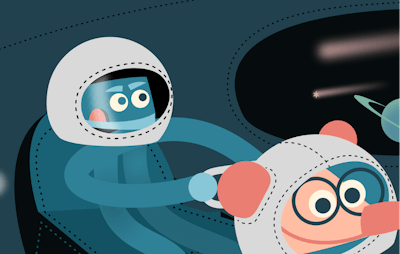
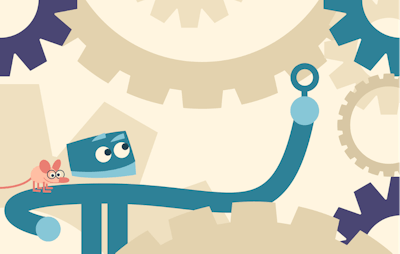

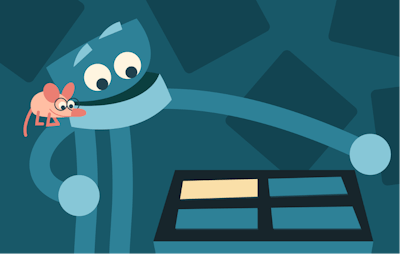
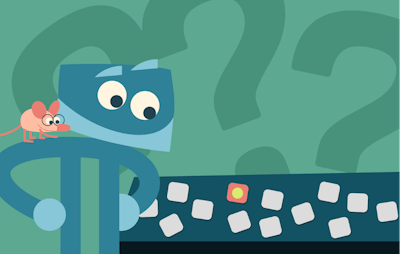
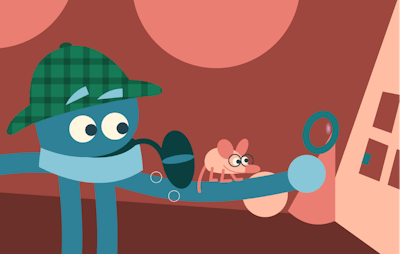
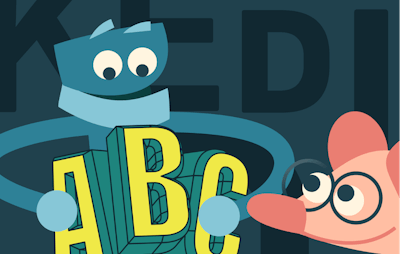
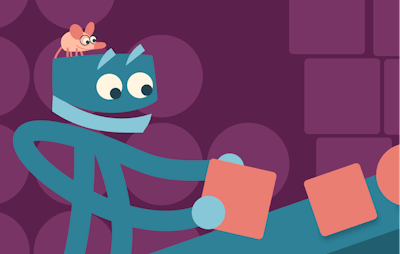
Find guidance, tools, and trusted professionals who understand how your child learns—and help them grow with confidence at home and in school.